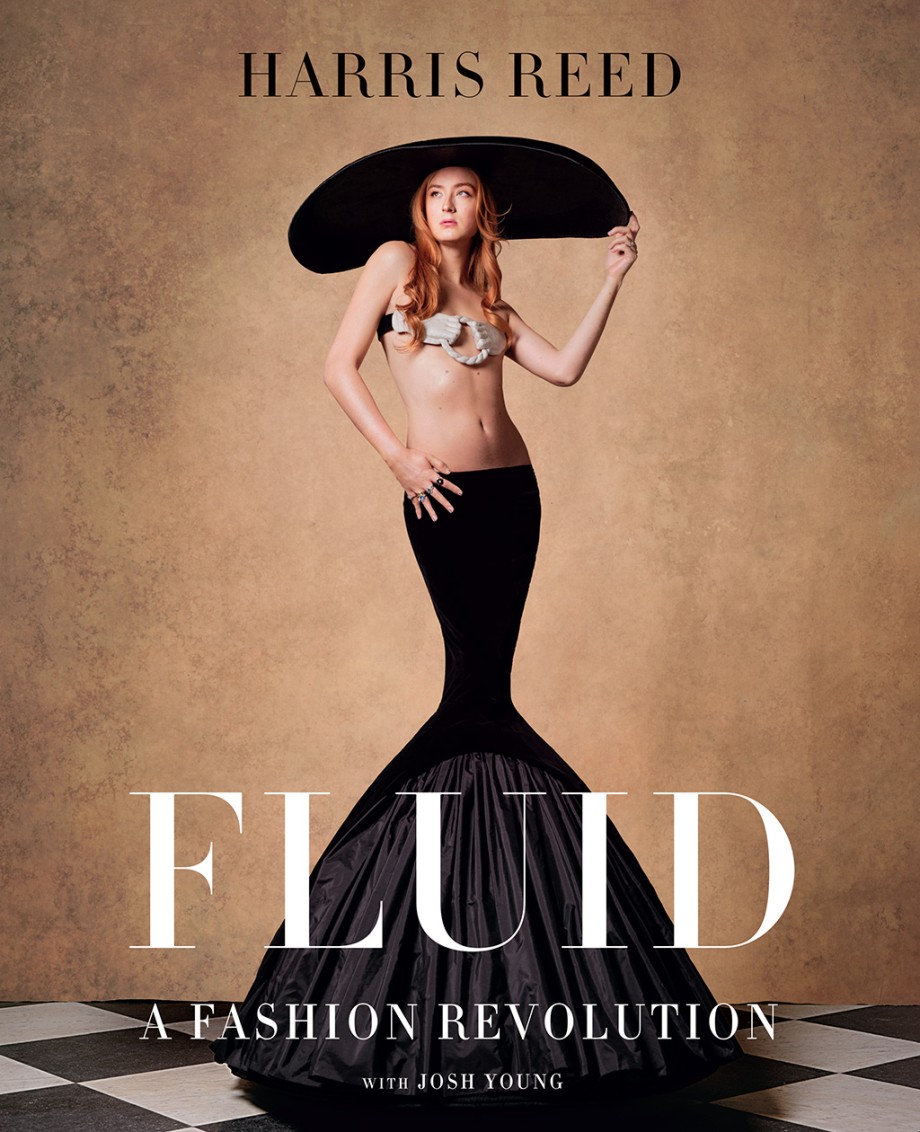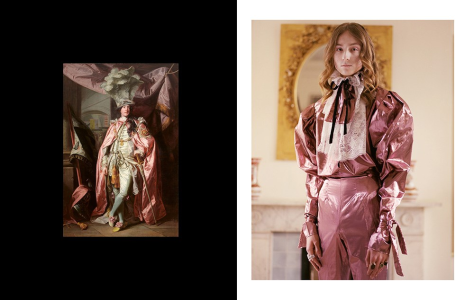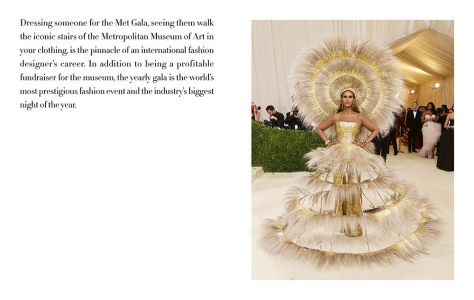It's always boiling down to that bottom line, doesn't it?
When we look at the length of his tenure at Rochas, it would be fair to assume the success (or therewith, supposed lack of commercial success) cannot be credited to him, really - His first show was FW'02 and the last one FW'06, even by today's standards of revolving doors, that is a relatively short period of time for any house to generate steam under a new creative director (which to be fair, Rochas did), let alone turn that it into a profitable venture. Add to that the fact that the house emerged out of complete obscurity which means there was nothing to build up from, that makes for a challenge even bigger than Nicolas' when he took over from Josephus Thimister, with a brand name holding very much the highest esteem in the history of fashion.
I'm coming to the defense of Olivier here because a lot of press by the time of his departure from Rochas painted him in a very unfavorable light (that I believe very much informed the rushed concept he developed for Nina Ricci) - Denying the fact that Rochas diversified with a growing accessories line helmed by Natalia Brilli and providing a more diversified product offering with good separates that made it very much possible to wear the brand outside the red carpet. Rochas' commercial division was helmed by the same woman who build the success of Balenciaga in the early years of Nicolas' appointment and I think for the aim to put a historic maison back on the map, they were on the right path to set the brand up for further expansion.
The fact that this did not come to happen was really due to the fact the house was owned by Procter & Gamble who in turn had purchased it as part of a bigger deal from Schwarzkopf, who had no interest to operate a fashion business in their brand portfolio.
I agree with everything but in retrospect, as I have already said back in the day, there was that formula that was done everywhere to try to revive old houses with fresh talents. I can’t even count the number of houses at that time that did that…It was the influence of the PPR/LVMH/PRADA thing.
‘I feel like the career of Olivier would have been different if he never put his brand on pause.
Procter & Gamble killed what could have been great for Rochas as Olivier managed to make his aesthetic and the idea of a name like Rochas match together fabulously. But tbh, at the time his Rochas felt weird. The Demi-Couture stuff, the kind of women who went to the shows and all, while at the same time, Lanvin and Azzaro were revived and managed to talk to a more hip customer.
‘Olivier made beautiful soft clothes for the daughters of the ladies who lunch. That’s why I will always remember the reactions to his last Nina Ricci collection! Everybody was so surprised of him finally letting his sensibility, or at least the one people missed from him, shine again! Balmain revived that idea of unapologetic party clothes and suddenly, that dark romantism of Olivier felt neeeded.
‘But he went to do jeans…Unfortunately because of this ongoing pressure to « be commercial ».
For me the problem of Olivier is that he has spend almost a decade trying to talk to people who didn’t understood his language.
The irony of it all is that when you look at his own brand, it was never not commercial. There were fabulous pants, sexy dresses and the attitude was always dark and sensual.
I think that he doubted a lot. Maybe the Industry made him lose confidence in his talent, I don’t know.
This is why maybe everytime I see someone mention his name to take over a house, I say no. The man compromised enough. Unless he does a Couture collection for Gaultier, he is better at his own house.




